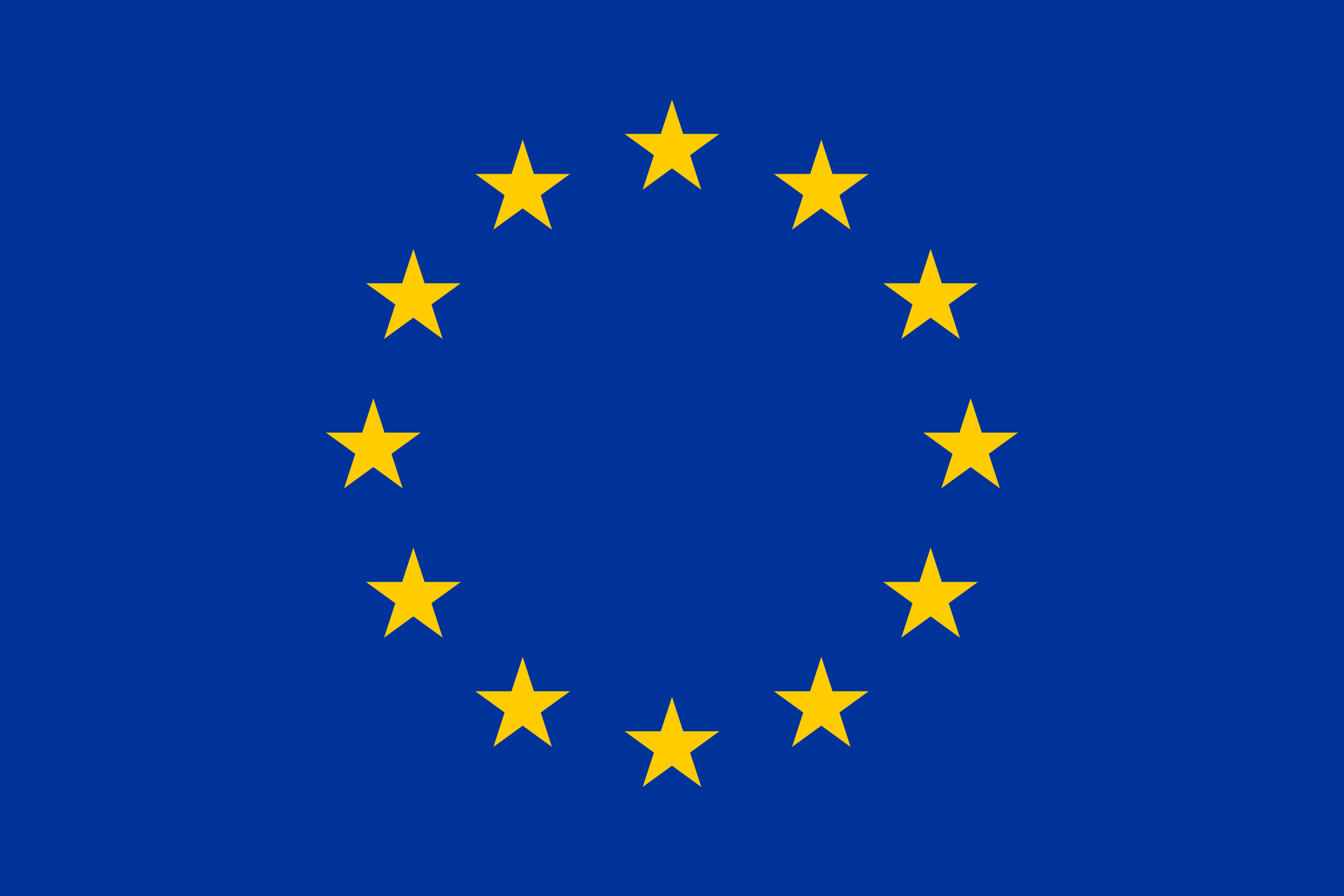Cultural Diversity
Audiovisual and Media Regulation
Broadcasting and other Audiovisual media, including simulcasting, webcasting, SVOD and catch-up services, are subject to regulation at both national and international level. This regulation aims, not just to ensure fair competition among operators, but often also to facilitate the cross-border delivery of content, to harmonise advertising practices and pursue public policy objectives, e.g. the protection of minors, religious or racial minorities, etc. One important element of media regulation may involve minimum funding obligations with respect to local production and local content quotas. FIA closely monitors developments in this field, with a view to promoting balanced measures fostering quality content, employment opportunities and cultural diversity on all media.
National audiovisual and media industries may also be impacted by International Trade Agreements, in particular where sufficient priority may not be given to preserving domestic cultural industries. Indeed, quite often cultural industries (film and audiovisual ones in particular) survive due to import restrictions and other support mechanisms facilitated by public administrations to create the conditions where they may flourish. If subject only to commercial considerations, many local cultural industries would be quickly replaced by those with greater financial muscle due to their multinational presence and monopoly position. FIA strongly supports the protection and promotion of cultural diversity and the flourishing of local production to create opportunities for performers globally. The Federation advocates for the exemption of cultural goods and industries for international trade agreements.
Explore Other Cultural Diversity Topics
Freedom of Artistic Expression and Cultural Policy
FIA is committed to the protection ...
Cultural Sector Economics
The cultural sector is one that traditionally relies heavily ...





